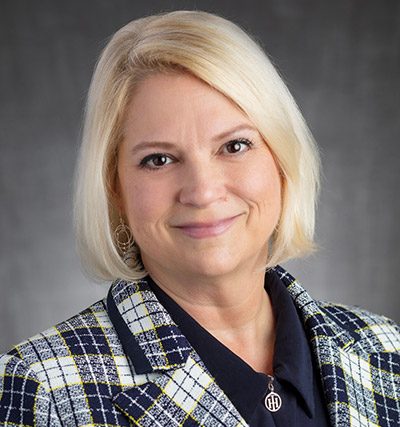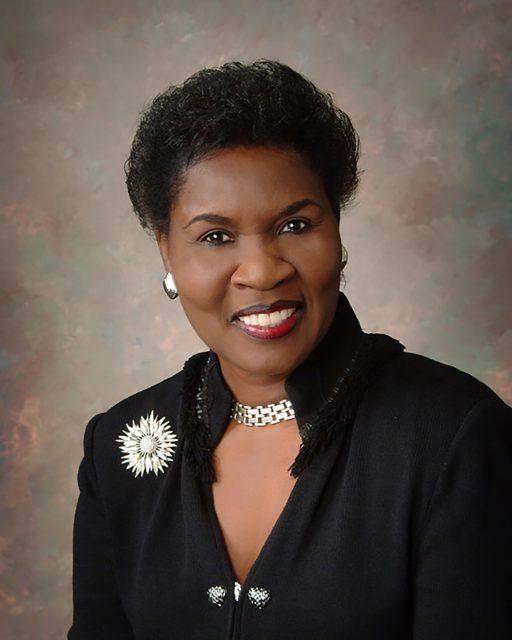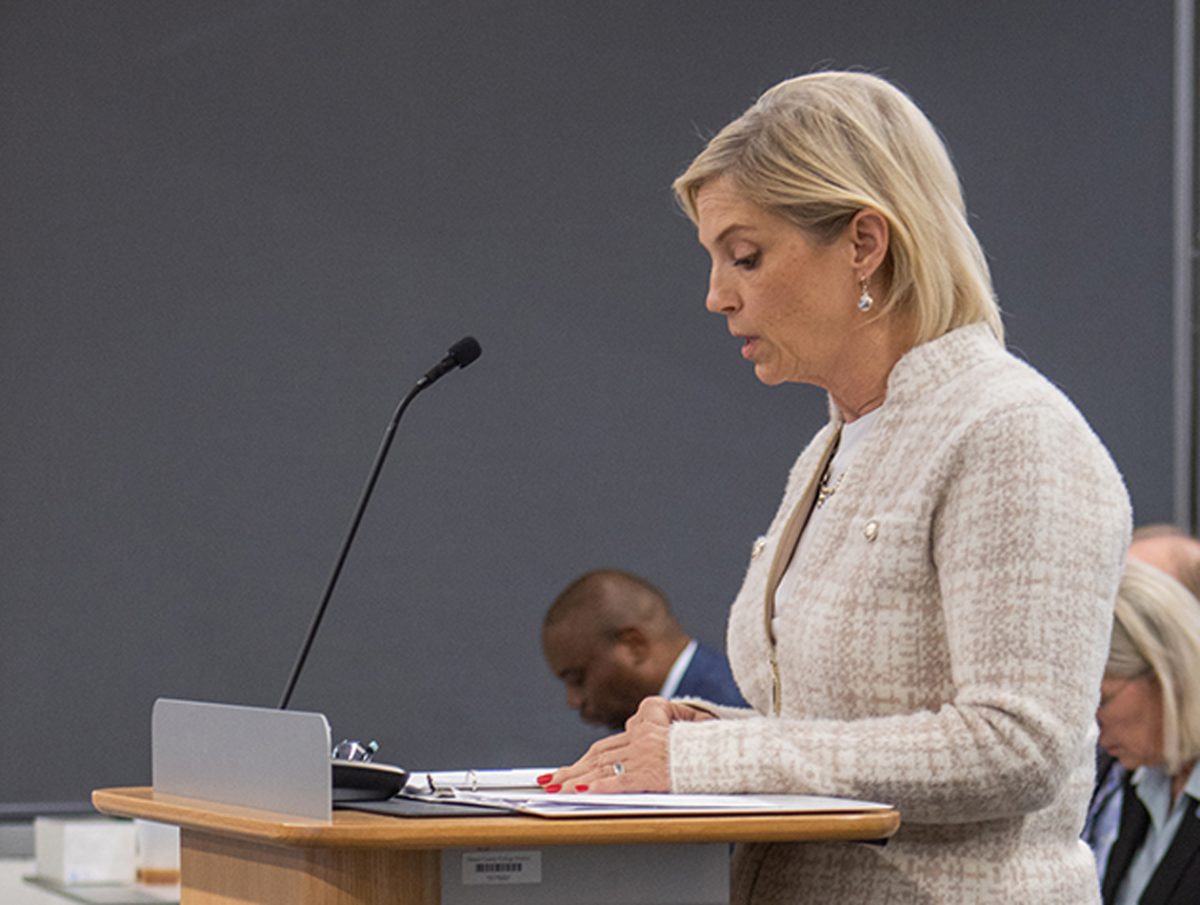By Kathryn Kelman/editor-in-chief
TCC board of trustees members and the chancellor met with legislative representatives in Washington, D.C., earlier this month and advocated for a permanent solution for the Deferred Action for Childhood Arrivals program.
Trustees Diane Patrick, Conrad Heede, William Greenhill, Michael Evans and Chancellor Eugene Giovannini met with Texas representatives as part of the Association of Community College Trustees’ National Legislative Summit Conference Feb. 11-14, Greenhill said.
“The purpose of the leadership conference is to bring all of the trustees from all over the country or regents of community colleges together to listen to what the ACCT considers to be the — and we all think is the — priorities for legislation for community colleges in the United States,” Greenhill said.
During the conference, Greenhill said participants are brought up to date on national issues and legislation that affects community colleges and students. Attendees hear from multiple speakers and then meet with their U.S. representatives in Congress to advocate for support.
Trustees advocated for Congress to pass a permanent solution for DACA because it was one of the issues highlighted by the ACCT, the Texas Association of Community Colleges and the Community Colleges Association of Texas Trustees during the conference, Greenhill said.
President Donald Trump in September said he would rescind DACA, which offers protections for immigrants who came to the U.S. illegally as children, in March unless Congress acted.
Throughout the fall, the TCC board did not issue a statement regarding the college’s stance on DACA’s repeal. Instead, a statement regarding the college’s commitment to diversity and inclusion was sent in an email and campuses set up workshops to explain Trump’s proposal.
South students held a rally in September calling on college officials to acknowledge DACA recipients. TCC leaders never commented directly on the law, but they did quote ACCT’s statement, which urged legislators to renew DACA.
Greenhill said the board supports congressional legislation that provides a permanent solution for DACA recipients, but a resolution regarding DACA’s repeal wasn’t made because ultimately no matter what Congress decides to do TCC will have to comply.
“We think that DACA is a good program,” he said. “We think that the recession of DACA will curtail the ability of our students who work lawfully and receive some institutional assistance.”
From speaking with representatives, Greenhill said everyone they talked to supports finding a solution for DACA and giving recipients a line to citizenship, but opinions differ on what it should look like.
“The devil is in the details,” he said.
Evans said DACA was the elephant in the room during their meetings with representatives regardless of party affiliation, but they all agreed legal status should be given to DACA recipients.
“What we ran into, of course, is the partisanship, partisan politics, but [Rep.] Joe Barton, one of things that he said that I think is quite promising is that he signed on to all the bills and they recognize that it is too expensive to even consider deporting all of those individuals,” he said.
Evans said trustees agreed with Barton and pressed for the representatives and their staff members they spoke with to take care of students.
TCC’s chapter president of the Texas Association of Chicanos in Higher Education Jonathan Perez attended a board meeting last fall and urged leaders to use their influence to call on Congress to protect DREAMer students and pass bipartisan legislation on DACA.
“When it comes from the top and I mean all the way from the top, it sends a strong message,” Perez said. “It sends a message that we can do this and we can do what we have to do to serve our students that are in this situation.”
For board members to have conversations advocating for DACA showed Perez that TCC has brave leadership.
“It also shows me that they’re willing to put our differences aside and work towards the reason why we’re here, which is to serve every student that we have that comes on our campuses, every student that we have in our community and every student that we have in the county,” he said.
One of the college’s goals is to be student-ready, and for TCC to do so, then leaders must pursue this issue and have difficult and, at times, uncomfortable conversations, Perez said.
“As a TCC [alumnus] and employee, I’m very proud to have seen this,” he said. “Their advocacy is inspiring. It took a lot of bravery for them to speak on this, and to me it sets a tone that it’s OK to talk about this.”
Other legislative priorities discussed with representatives included supporting the Pell Grant program, reauthorizing the Perkins Career and Technical Education Act, reauthorizing the Higher Education Act and investing in workforce development and training.
“The purpose of going up there was to advocate and learn, to learn more about, nationally, what community colleges in general need and then to advocate for those needs,” Greenhill said. “We go in there prepared.”
He described the trip as a success.
“I’m defining that success in the sense that I think the people that we talked to got our message, and we had some very engaging conversations with the congressmen and their staff, very engaging conversations in a very difficult time,” he said.

































